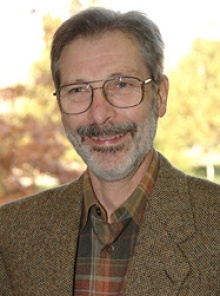William R. Lovallo, PhD

William R. Lovallo, PhD
2002
Recent Advances in the Neurosciences: Relationships to Health and Medicine
Dr. Lovallo has conducted research on the CNS and processes related to stress, emotion, cognition and patterns of endocrine and autonomic outflow. His long range goal is to help us understand the role of emotions on bodily processes of health and disease.
Dr. Lovallo’s lecture was entitled “Recent Advances in the Neurosciences: Relationships to Health and Medicine”. He described his research where he exposes human volunteers to mental or behavioral stressors or the events that alter their emotional state and then examines the effects on cardiovascular function and neuroendocrine function. His research and the research of others attempts to identify disease risk factors by comparing individuals at varying degrees of risk for heart disease and hypertension. Stress is modeled using behavioral challenges such as dynamic exercise or threatening situations such as public speaking.
Dr. Lovallo described his work with the MacArthur Foundation’s Mind-Body Network where he has been developing an ambulatory impedance cardiograph system. This system allows for more detailed measurement of cardiovascular activation in the face of stress. Since the mind-body connection is two way, Dr. Lovallo also conducts research on the effects of the stress hormone cortisol on brain function, especially cognitive function. He described how increased cortisol levels relate to decreased control over attention but increased memory for aspects of the stressful environment. Finally, Dr. Lovallo described his current research on the motivational and emotional issues related to addiction.